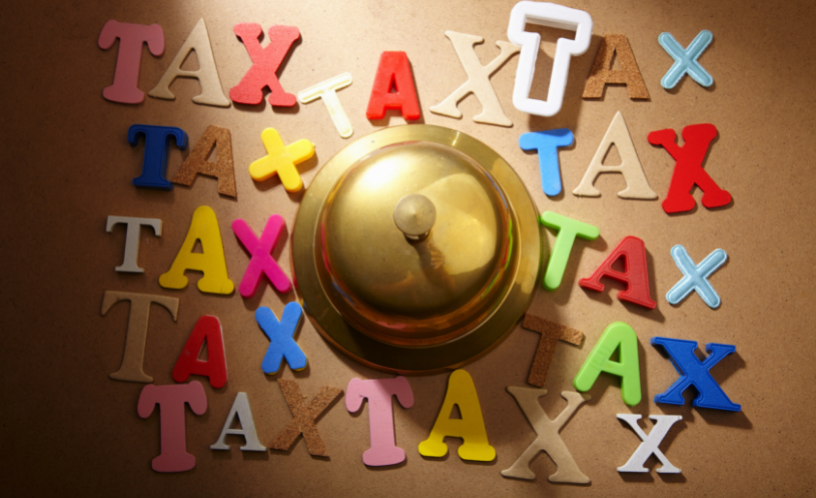Why we love arguing about hotel tax assessments

Hospitality property tax assessments are one of the most misunderstood and overvalued assessments across the real estate spectrum. Entire studies and Appraisal Institute chapters have been dedicated to the intricacies of valuing hotels, motels, and resorts.
The primary difference has to do with the service component associated with operating the asset. From a real property tax standpoint, legally, jurisdictions can only value the real estate associated with an asset. And for typical commercial real estate buildings the real estate value is derived by valuing the rent paid by tenants and expenses incurred to operate the building. Hospitality assets on the other hand have numerous income streams from non-real estate sources such as food and beverage service. From an assessment perspective those income streams are “off limits” when it comes to valuing the real estate component of a hotel.
Furthermore, the nightly/weekly rate that a guest pays includes more than just the brick-and-mortar rental of the real estate. That rate includes the use of a variety of personal property such as a bed, TV, desks and chairs, etc. And it is often argued that embedded in a specific rate, there are other non-real estate components included such as the brand prestige and other business intangibles associated with the “flag” a hotel carries. People inherently pay for these as part of the rate when they choose to stay at one of two physically identical hotels, one which may demand a higher rate because it carries a “Marriott” flag as opposed to a non-branded name or ownership.
Ultimately, the list of non-real estate income and intangibles embedded in the income streams that hospitality assets generate is extensive and goes well beyond the short list described above. Overall, each of these components must be extracted from the valuation of the hospitality asset if one is to properly assess only the real estate component for property tax purposes.
Needless to say, for us real estate tax geeks, arguing about the appropriate taxable value of a hospitality asset is one of the most exciting things you can do with the lights on.
BACK TO ARTICLES